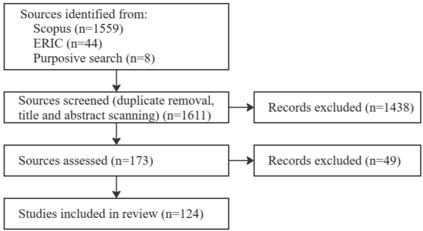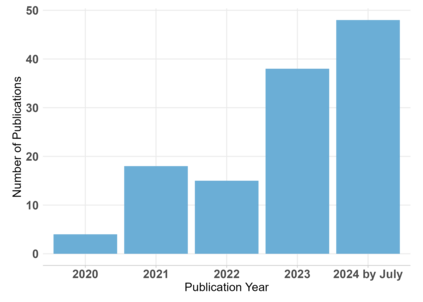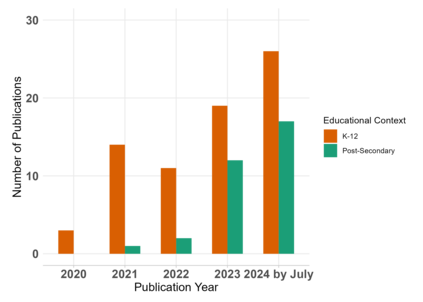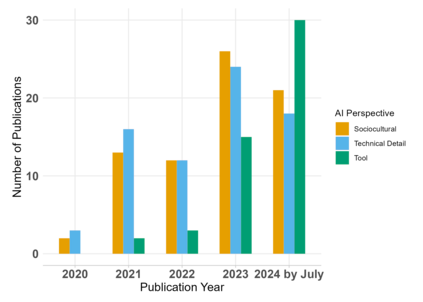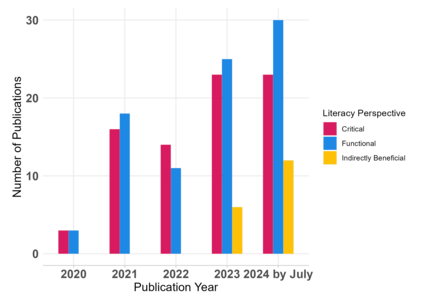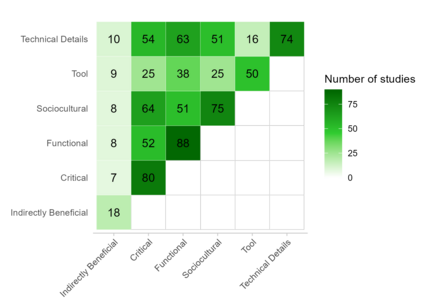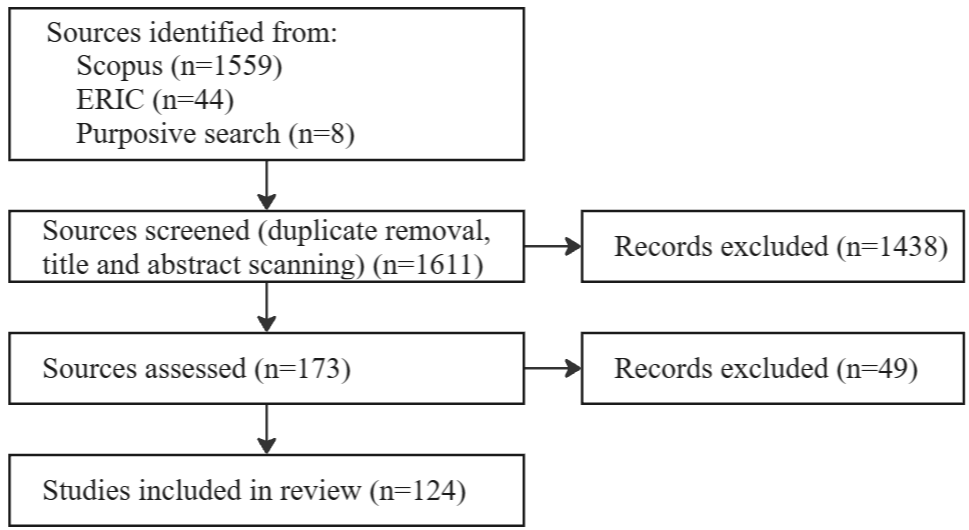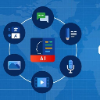Even though AI literacy has emerged as a prominent education topic in the wake of generative AI, its definition remains vague. There is little consensus among researchers and practitioners on how to discuss and design AI literacy interventions. The term has been used to describe both learning activities that train undergraduate students to use ChatGPT effectively and having kindergarten children interact with social robots. This paper applies an integrative review method to examine empirical and theoretical AI literacy studies published since 2020. In synthesizing the 124 reviewed studies, three ways to conceptualize literacy-functional, critical, and indirectly beneficial-and three perspectives on AI-technical detail, tool, and sociocultural-were identified, forming a framework that reflects the spectrum of how AI literacy is approached in practice. The framework highlights the need for more specialized terms within AI literacy discourse and indicates research gaps in certain AI literacy objectives.
翻译:暂无翻译

